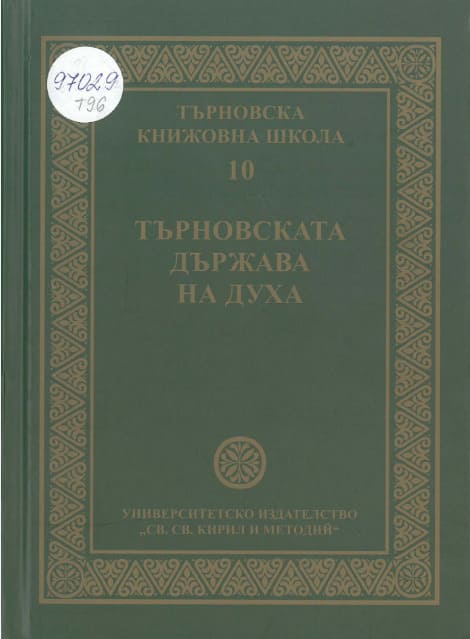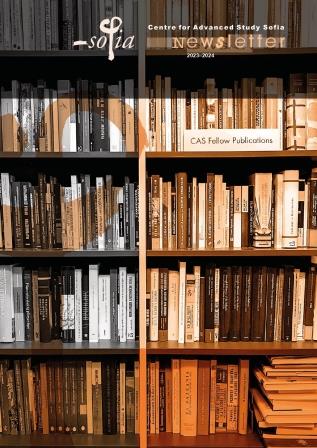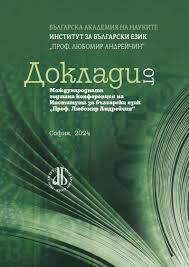
Изразните средства на исихастката апофатичност като отражение на древни мисловни модели
The article treats the means of expression of hesychastic apophaticism, used by Old Bulgarian writers of the 14th – 15th centuries, and the author tries to show that these means are very old, and were characteristic even for the mind of primitive people. He pays attention to the synonymy of ‘aphophatic’ negative pronouns and ‘cataphatic’ summative pronouns; to the pleonastic use of the negative particle не; to the syntactic but- constructions; and to necessative constructions.
More...


